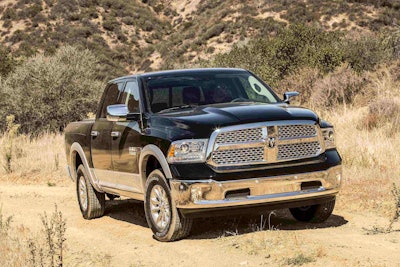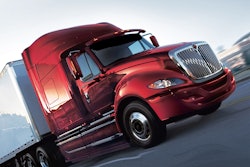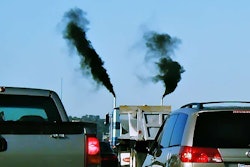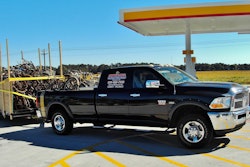 Fiat-Chrysler’s 2016 Ram 1500 with 3.0-liter EcoDiesel
Fiat-Chrysler’s 2016 Ram 1500 with 3.0-liter EcoDieselFiat Chrysler Automobiles (FCA) is contesting the violation issued yesterday by the U.S. Environmental Protection Agency (EPA) which alleges that the automaker manufactured Ram trucks and Jeep SUVs with undisclosed software that produce increased emissions.
The EPA contends that FCA installed and failed to disclose engine management software that has increased nitrogen oxides (NOx) in 2014-2016 Dodge Ram 1500 pickups and Jeep Grand Cherokees equipped with a 3.0-liter EcoDiesel engine.
The California Air Resources Board (CARB) has also issued a similar violation to FCA. CARB and EPA are working together to investigate alleged violations of the Clean Air Act. The allegations of emissions violations pertain to roughly 104,000 vehicles.
FCA denies any wrongdoing and has taken exception to comparisons drawn between it and Volkswagen, which the EPA cited for diesel emissions violations. Shares of FCA stock in the U.S. dropped 12 percent following the news of alleged emissions violations, and comparisons to the situation with Volkswagen passenger-vehicle diesels were legion.
“The immediate reaction both in the press and in terms of the markets has been to try and draw a parallel between these events and the recently settled or at least apparently settled issue with VW,” FCA CEO Sergio Marchionne said during a press conference held Jan. 12. “There’s nothing in common between the VW reality and what we are describing here.”

Marchionne explained that FCA performed calibration exercises on the Ram 1500 and Grand Cherokee—both equipped with the popular 3.0-liter EcoDiesel—to ensure that the vehicles met emissions requirements. He said the dispute centers around whether the calibration exercises filed by FCA have met all the regulations set by EPA and CARB. “There is nothing in the current calibration of the Ram 1500 or the Grand Cherokee diesel that distinguishes between a test cycle and normal driving conditions. This is a huge difference because there has never been an intention on part of FCA to create conditions that are designed to defeat the testing process. That is absolute nonsense.”
Cummins, meanwhile, issued a statement noting that “it does not supply engines for the FCA vehicles” covered under the EPA’s violation notice, nor was Cummins named in the violation notice.











